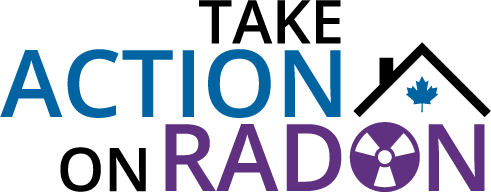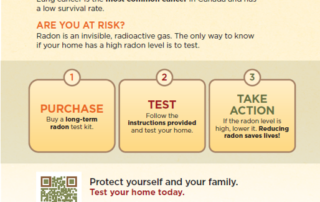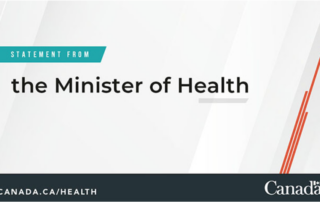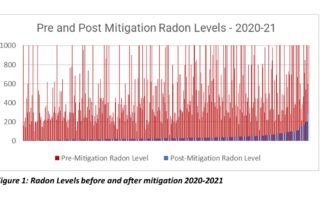Health Canada warns about the danger of RADON in a postcard distribution campaign.
Health Canada's National Radon Program distributed postcards this fall and winter to Canadian households to raise awareness about the risks of radon and to encourage people to undertake home radon testing. The postcards were sent to homes in regions of the country that may have potentially elevated risks of radon levels above the Canadian Guideline. This is part of a longstanding public education program. Health Canada does not know the radon level in the homes receiving the postcards, the only way to [...]
Municipal Webinar
In the fall of 2023 our team hosted a webinar for Municipalities in Alberta on the basics of radon and what actions municipalities can take. You can find this webinar online here. Recent surveys of municipalities has shown that they have heard of radon, but they don't know what resources are available to them. This information session was developed to help answer common question that Municipal leaders have about radon. Including: What is radon and is it an [...]
New Report Offers Guidance on Radon Testing Devices Safeguarding Canadians Against Lung Cancer
As Canadians brace for the cold weather, November takes center stage as Radon Action Month with the release of a report by the Canadian National Radon Proficiency Program (C-NRPP). The report offers recommendations to evaluate indoor air quality and safeguard Canadians against lung cancer from radon exposure.
Message from the Minister of Health – Radon Action Month
This November marks the 10th anniversary of Radon Action Month, a month dedicated to raising awareness of the health risks of radon.
Financial relief coming to help Canadians reduce risk from radon gas
This press release has been translated into the following languages: French Punjabi Arabic Tagalog Mandarin 1 November 2022: Homeowners across the country have been asking for support to offset the cost of reducing radon in their homes. Finally, some provinces and regions are offering grants that help cover the costs of radon mitigation for families. Radon gas can cause serious health problems in Canada. “Radon gas is the leading cause of lung cancer in non-smokers, and if you smoke the combined risk [...]
Radon Reduction Sweepstakes Report – 2020-2021
Download the full report here Download the infographic here The Radon Reduction Sweepstakes provided 10 prizes of up to $1,000 each to homeowners who have tested their home for radon and used a C-NRPP professional to reduce their radon levels to below Canada’s recommended guideline of 200 Bq/m3. A key part of TAOR’s mandate is to encourage Canadians to take action on radon and radon mitigation, and the Sweepstakes does just that with the possibility of a cash reward. History The Sweepstakes [...]
Radon in School Pilot Testing Project in the Regional District of Central Okanagan (RDCO)
School Screening Project 2020-2022 In September 2020, the Air Quality program successfully applied for and received funding from Health Canada for a Radon Outreach Project. The project’s goal: by initiating screening of radon levels in selected schools in the Central Okanagan, school operators will learn how easy it is to test for radon and get radon on their agenda. Schools will also mitigate where necessary to lower radon exposure to children and staff, and raise radon awareness throughout the region via an [...]
Looking to start a Radon Monitor Lending program?
These programs provide patrons access to borrow digital radon monitors to use as a screening tool. Health Canada, in partnership with the Canadian Association of Radon Scientists and Technologists (CARST) and the Canadian-National Proficiency Program(C-NRPP) have developed a Radon Monitor Lending Program Guide to ensure that libraries have adequate support, education, and resources to effectively deliver these programs. Included with the Guide are a Radon Lending Booklet template, online follow-up survey, and resources to help libraries maintain digital monitors, ensuring they are [...]
